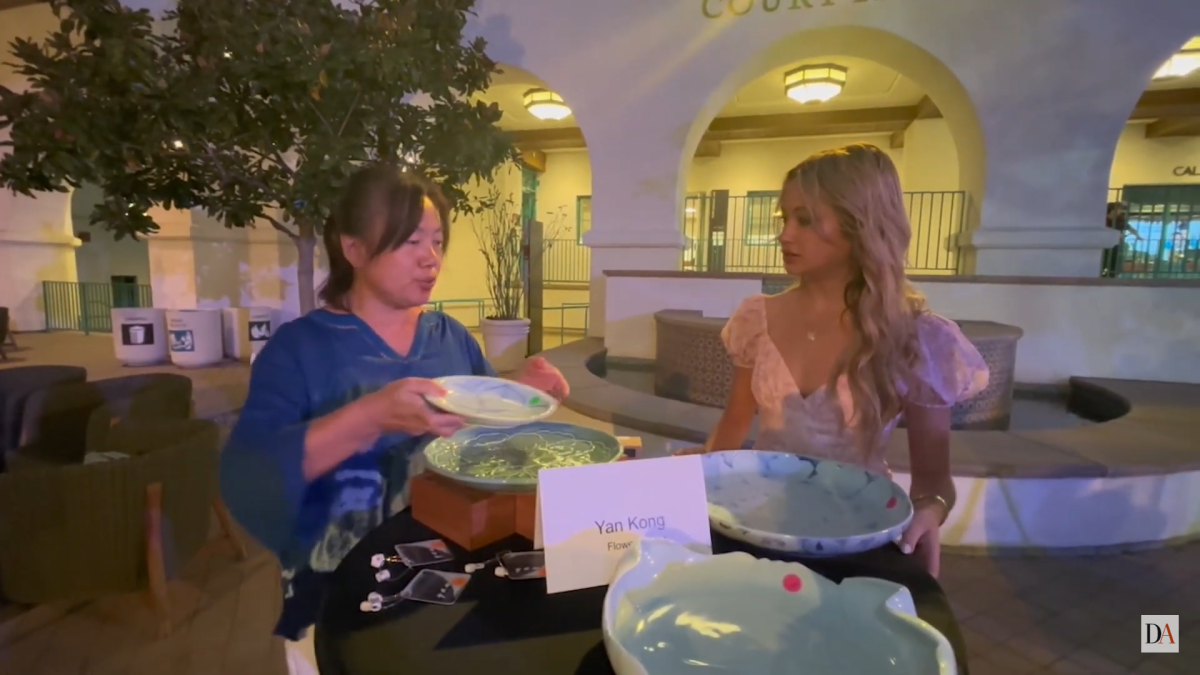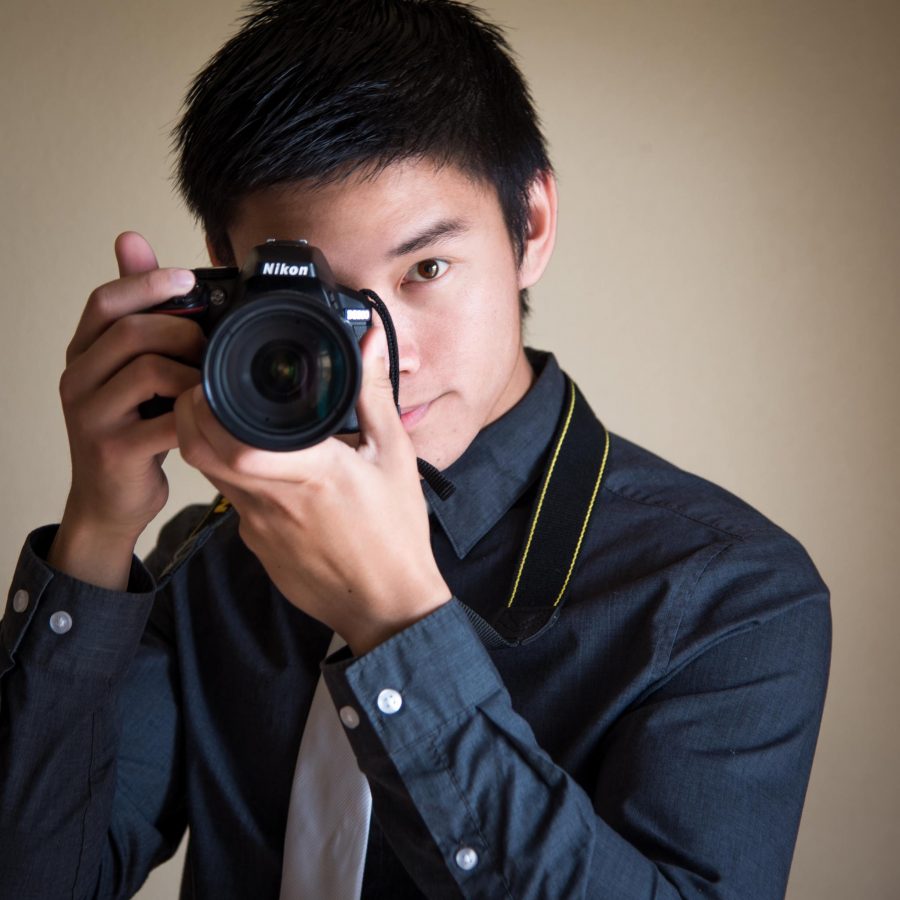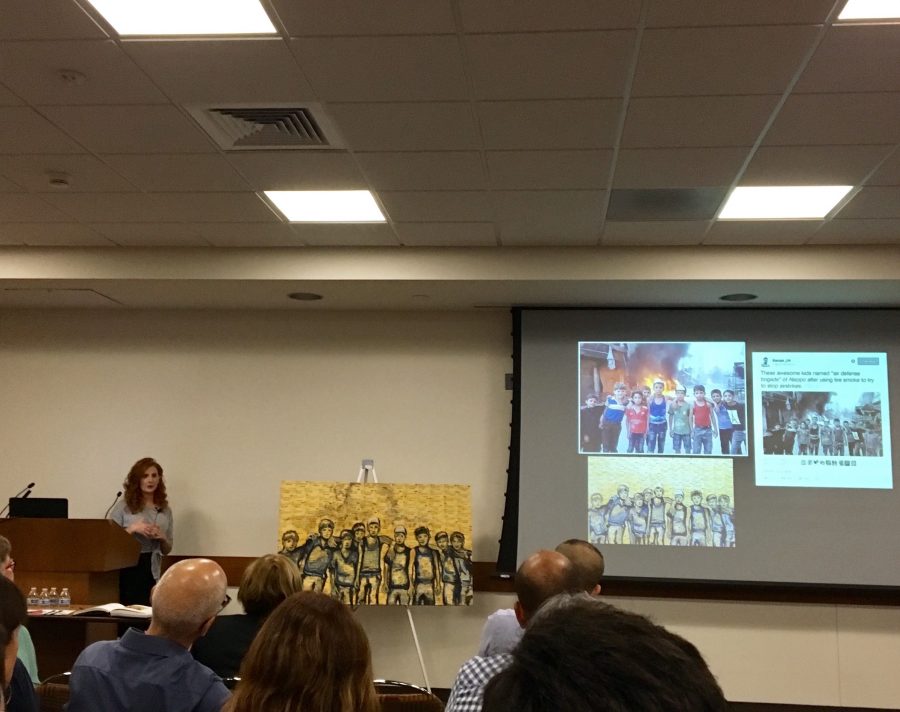
So far, the odds have definitely been in “The Hunger Games’” favor.
As of print time, “The Hunger Games” has grossed $463.7 million worldwide. Opening weekend netted distributor Lionsgate an eye-popping $152.5 million, making it the 3rd most successful opening weekend ever.
Sure, the blockbuster phenomenon had the momentum of Suzanne Collins’ best-selling book series behind it, but so did “The Bourne Identity,” which opened at a measly $27 million. The difference can’t be attributed to star caliber: Matt Damon clearly wins that battle. The target demographic may have played a part, though the “Lord of the Rings” trilogy was aimed at an older audience, and it leaned house. Clearly something else was at work, and marketing experts are pointing to social media as the difference maker.
Lionsgate’s marketing team was hard to ignore. It aggressively promoted the film through social media on a wide variety of platforms, including Twitter contests, teaser videos, podcasts, interactive media, games and even inviting fans to divide themselves into their own districts. Promoters were able to build momentum by offering prizes to districts which re-tweeted their content the most. The marketing team was able to push kitschy art, stills from the movie, the soundtrack and other promotional material through avenues such as Facebook and YouTube as well.
Lionsgate continued the campaign as the movie was released, inviting fans to use their “FB app to create an event for your screening and invite friends” on the movie’s official Twitter. This gave those already seeing the film an engaging way to show their pride while putting increased social pressure on those not attending.
Being able to exploit well-established user bases such as Facebook and Twitter allowed marketers to focus on creating engaging content rather than drawing in an audience.
Vince Broady, CEO of thismoment, told Forbes that “In the past just getting a social media campaign up and running took all the resources and creativity was limited. Now it’s not a problem to execute the mechanics of a social campaign so the creativity is becoming a much more critical factor.”
The success of “The Hunger Games” serves as a reminder of two things. First, consumers are being given more control of the marketing of their favorite products. A quick reflection on how much consumers trust Yelp or Angie’s List shows that, not to mention the user review sections on retail sites such as Amazon or Newegg. Consumers trust each other, and not traditional marketers, to give a fair reflection of a product’s worth, which makes successful campaigns such as Lionsgate’s all the more powerful.
The willingness to share an opinion on a product or even campaign on its behalf represents a sea change in the way the public identifies with branding. Social media has made branding a part of the individual’s identity.
Perhaps Facebook is worth that staggering valuation. The ability to advertise directly on the site is one thing, being able to build a marketing campaign from a user’s perspective is another beast entirely. An easily accessible user base of 483 million is impossible to ignore.
Ultimately, the substantial investment and clever implementation of Lionsgate’s social media campaign translated into earth-shaking buzz, which paved the way to success. This represents one of the biggest marketing success stories in recent years. Moviegoers will likely see more studios and distributors pushing social-media marketing in the future. After all, it’s cheap, easy and deafeningly effective.






